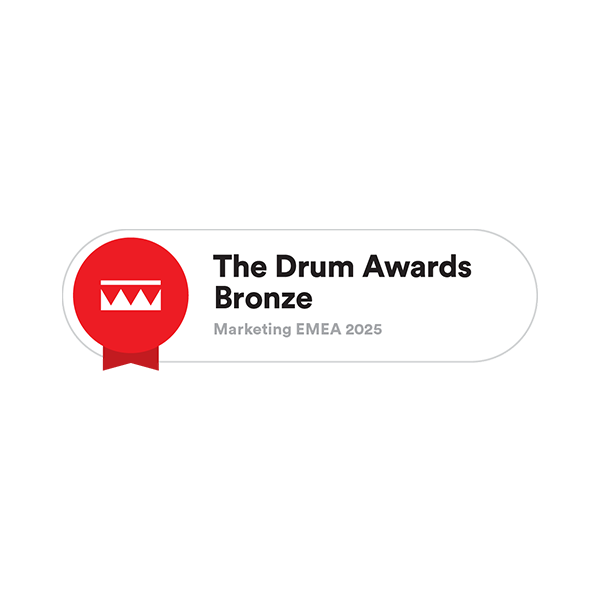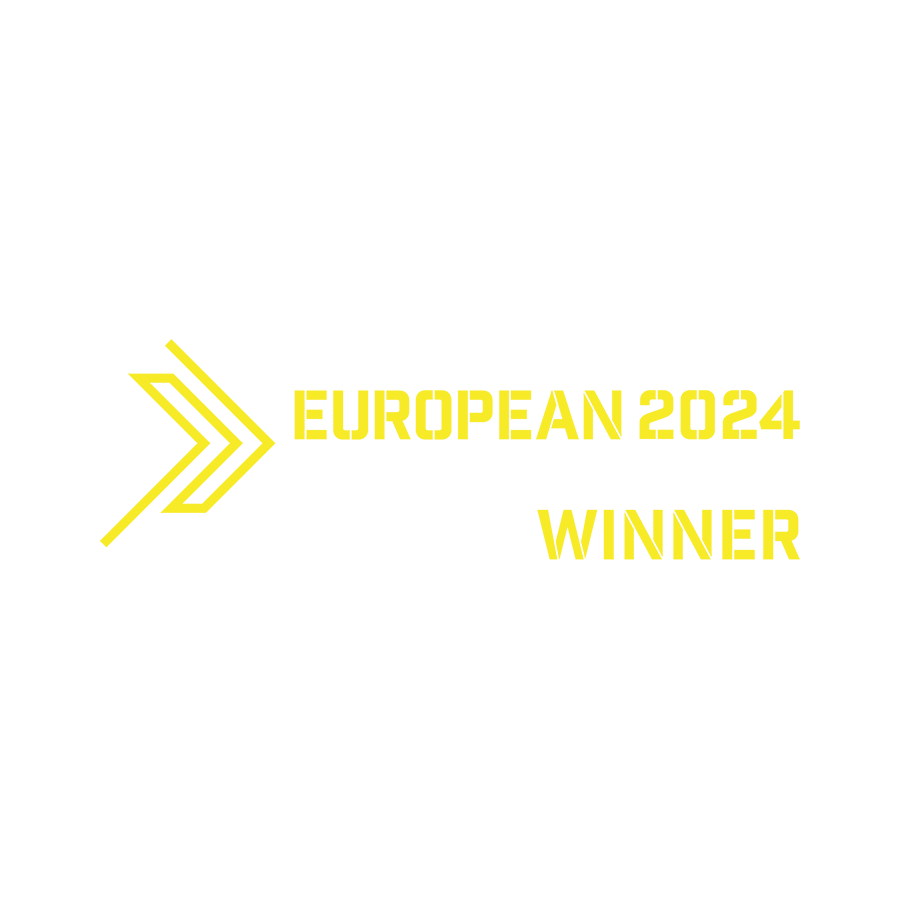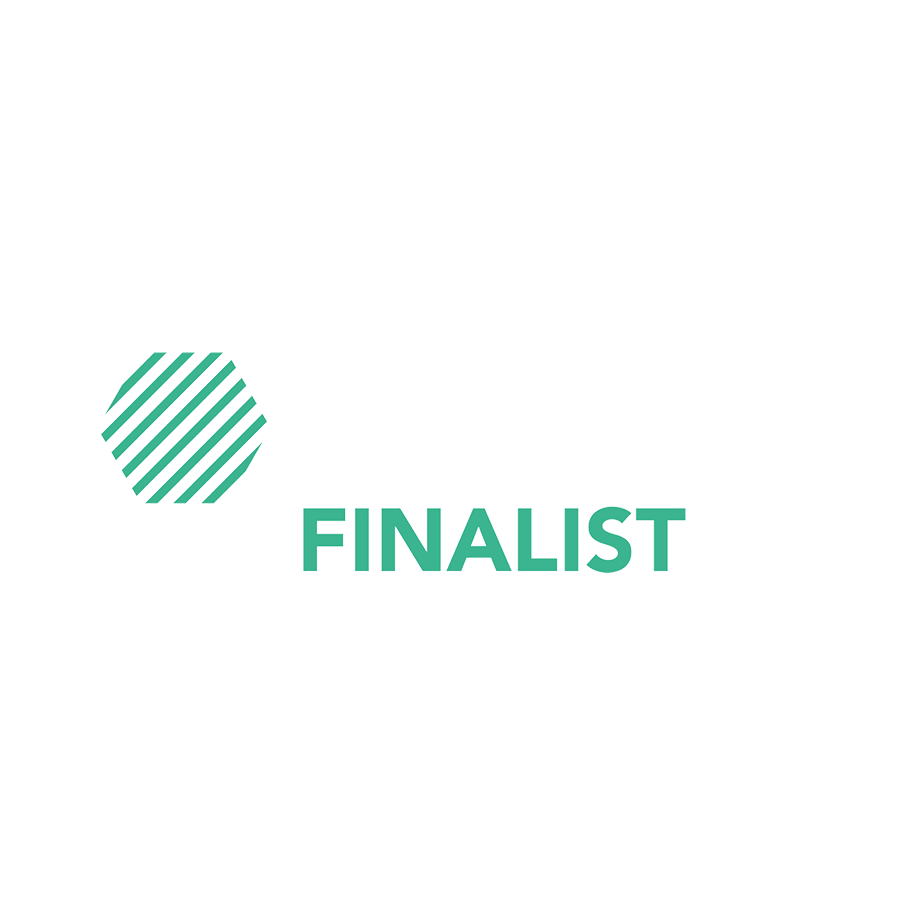Events are back! A pent up post pandemic surge is in full pelt and if the recent women’s Euro22 final is anything to go by, sell out stadium events are still possible despite cost of living pressures.
From festivals to business conferences, band performances and networking opportunities, event tickets have been selling at record speed across all sectors and across the world.
Live Nation has witnessed record entertainment ticket sales for 2022 and even digital first Netflix has been staging immersive events to promote its show stock in the US.
Whether B2C or B2B, building an events strategy into your marketing plan is a key consideration for Q4 and essential planning for 2023.
The last few months of the year are an active time to plot, attend and host business events and this year is no different. But with so many events available and keen competition on the horizon – how to ensure your event strategy works well for your business?
We’re here to help! Read our step by step guide to ensure your events and marketing strategy is aligned and optimised for growth.
What is event marketing?
Simply put, event marketing is the planning and integration of one or many events to promote a brand, product or service. Events now take place in person or online and a business can operate as the organiser, sponsor, speaker, exhibitor or attendee. In effect, evidence shows that any of these roles will serve as a benefit to the business – as long as you carefully plan your events strategy!
Have business events changed?
The simple answer is yes. A new hybrid event pattern is here to stay and customers expect to be able to engage with events and related content on a live, virtual and digital basis. Many events offer paid live event experiences with free post event digital content. This clearly helps deliver a much wider audience reach.
Does event marketing generate business?
According to Hubspot, 95% of marketers believe that in person events have a major impact on achieving their Company’s primary business goals. Companies choose to invest in event marketing because events inherently generate new business and revenue opportunities.
As an event host, the registration process alone generates a list of people who are interested in your product, industry, or at least fall in your target demographic. If you’re participating in or sponsoring an event, you can collect leads through an email list, demo offering, or by running a competition.
And it’s not just about hosting events. Attending events provides valuable informed content that can be shared and re-purposed for business planning, insight reports and digital content marketing – not to mention the opportunity for networking with customers or potential partners.
And being invited to speak at an event creates a halo of earned authority and credibility for your business that is almost impossible to pay for.
How to plan a successful events strategy?
1. Define goals and objectives
As with any marketing strategy, be clear about why you are creating an events strategy. Spend quality time thinking about every possible opportunity that could arise from hosting or taking part in an event. And involve the entire business in your ideas and approach.
If you’re planning a series of business events, think about who to target, how and why. Remember that events are a great way to reach new audiences and a fresh audience database is a gift that keeps giving for email marketing and on-going engagement. 39% of marketers say email marketing is the most effective marketing route for the promotion of events according to Bizzabo’s Event Trends Report.
Think carefully about what will your events strategy achieve and how will this connect with your customers and create growth opportunities? Is it useful? Relevant? Topical?
2. Topicality is key
Creating a strong theme for any event – whether organising or taking part – will help highlight relevance and usefulness for customers. Right now with 2023 business planning just around the corner, think about the challenges facing your customers and what your product or service can do to help.
Perhaps it’s worth headlining cost savings. Accenture recently released a report citing rising costs as a key concern for businesses across Europe and over a third of small businesses are looking at renegotiating suppliers due to increased running costs. Is. your business the cost effective solution they could be looking for?
3. What type of event?
An events strategy doesn’t mean a hugely expensive conference. For business startups, it’s just as beneficial to be seen or heard as a special event guest or speaker. This could also be about connecting digital and live content.
Think about curating a useful insights report that not only generates digital sales leads but opens up conference speaker or podcast interview opportunities.
4. The power of partners
A cost effective way to access new audiences is to partner with same size organisations in your sector. These could be other brands, media or specialist business groups. It’s possible that you are both seeking similar objectives and can combine resources to achieve something bigger and better.
Harnessing 2-3 partners to help improve your business event takes time so build in plenty of time (ideally a year in advance) to negotiate what mutual success looks like.
5. How to plan for and track success
This is probably the most important part of your events planning. An events strategy should be a support system for an overarching marketing strategy – not the other way around. This is where SMART goals are useful to use as planning pillars. SMART stands for specific, measurable, attainable, relevant, and timely.
According to HubSpot, keeping your goals SMART helps you avoid vague goals like “bring in leads” SMART goals have a dual purpose: to give you direction when planning and implementing your event and to help you decide whether or not your event was a success (and if it wasn’t, to know how to improve).
An example of a SMART event marketing goal would be to “grow our prospective leads list for our new product by 100 names by the end of the event.”This goal is specific (prospective leads for only the new product), measurable (100 names), attainable and relevant (assuming the event is relevant and there are more than enough attendees to get 100 names), and timely (by the end of the event).
6. Events and content marketing
Aside from extensively analysing the KPIs from an event, recognise that post event content can be re-purposed to play across all your business social media channels.
Full event or edited highlights videos can be shared across Youtube and LinkedIn. Event content themes can be transformed into special reports for digital download and data capture. Speaker content can be headlined and transformed into blogs and thought leadership. And event imagery and guest speaker quote tiles can be designed to update websites and social channels like Twitter and LinkedIn.
For more information on aligning events with digital marketing – we’re here to help! Get in touch today.





